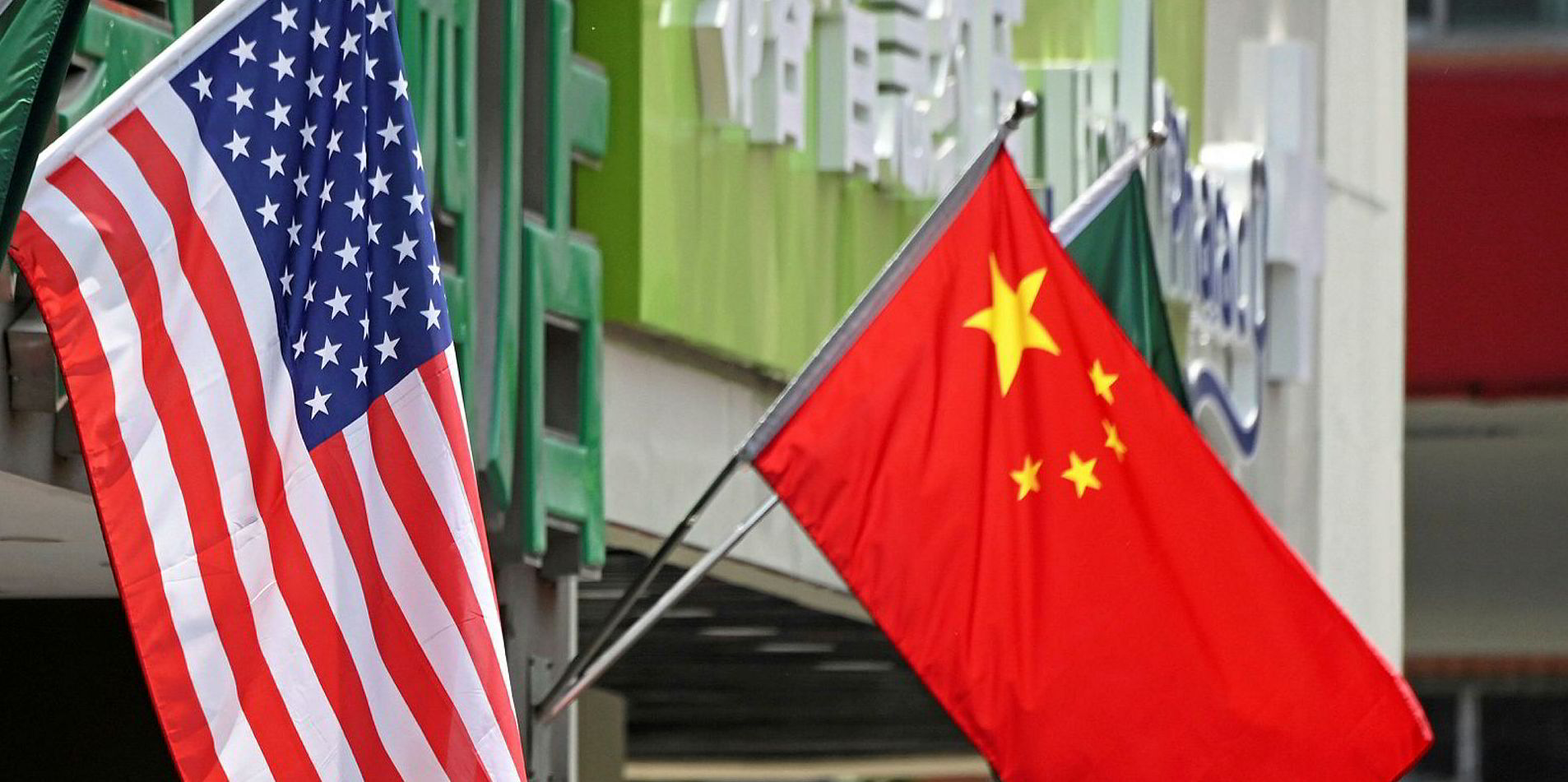OPINION: The northern hemisphere summer was once seen as a quiet time for global markets, where stockbroker mantras such as "sell in May and go away" once held sway as the trading doldrums approached.
These days, however, things are different, and those in the oil and gas industry, alongside other markets, are finding themselves buffeted by a seemingly never-ending rush of political and economic crises.
Another bump in the road for fractious US-China trade talks was the most significant news event to have an impact in recent days.
US President Donald Trump ended a period of relative quiet on the trade front late last week when he threatened to impose new 10% tariffs on another $300 billion of Chinese imports in September amid slow progress to agree a new deal between the two nations.
The declines then started to pile up on Monday when China devalued its currency, the yuan, and Washington responded by accusing it of currency manipulation.
Beijing was seen as taking a more conciliatory stance on Tuesday when it guided its currency fix just above the 7 yuan to the dollar rate that is regarded as a key psychological level.
However, by then the damage had been done, with the Dow Jones Industrial Average having fallen by a hefty 2.9% and stock markets around the world following suit.
For the oil price, the latest trade tension translated into a pullback to below $60 per barrel for Brent futures as worries that economic growth prospects would be harmed took a toll.
Yet US-China trade was by no means the only subject for industry analysts to ponder.
Firstly, there are areas of concern directly linked to the oil and gas sector to consider — tension in the Persian Gulf, for example.
Iran was reported to have seized another oil tanker this week, albeit a relatively small vessel carrying local shipments, while the UK said it would join a US-led effort to protect shipping.
Over in the Americas, the US imposed new sanctions against Venezuela, providing a reminder that the political crisis in that South American nation rages on, while China's broad sovereignty claims in the South China Sea have led to claims about fresh flashpoints in recent weeks.
Then there are political tensions not directly related to oil and gas, but that could ratchet up into serious confrontations with worrying implications for global markets.
One example is the ongoing crisis in Hong Kong, where demonstrations led by anti-government protesters this week turned into violent clashes and there is no sign yet of a solution that could lead to an easing of tension. China this week warned the protesters "not to play with fire."
Adding to the list this week was the decision by Narendra Modi's government in India to follow through on a campaign pledge to remove the special status of Indian Kashmir.
Kashmir remains a historical flashpoint between India and Pakistan, hindering the development of normal relations between the two neighbours, and the Indian government's decision risks raising tensions in an area where wars have been fought on several occasions.
In Europe, meanwhile, there is the UK's self-imposed mess over Brexit to add further uncertainty to the political climate - and we have not even touched on the elephant in the room in all discussions about prospects for oil and gas: global warming.
A touch of the summer doldrums might not be such a bad thing after all.
(This is an Upstream opinion article.)
